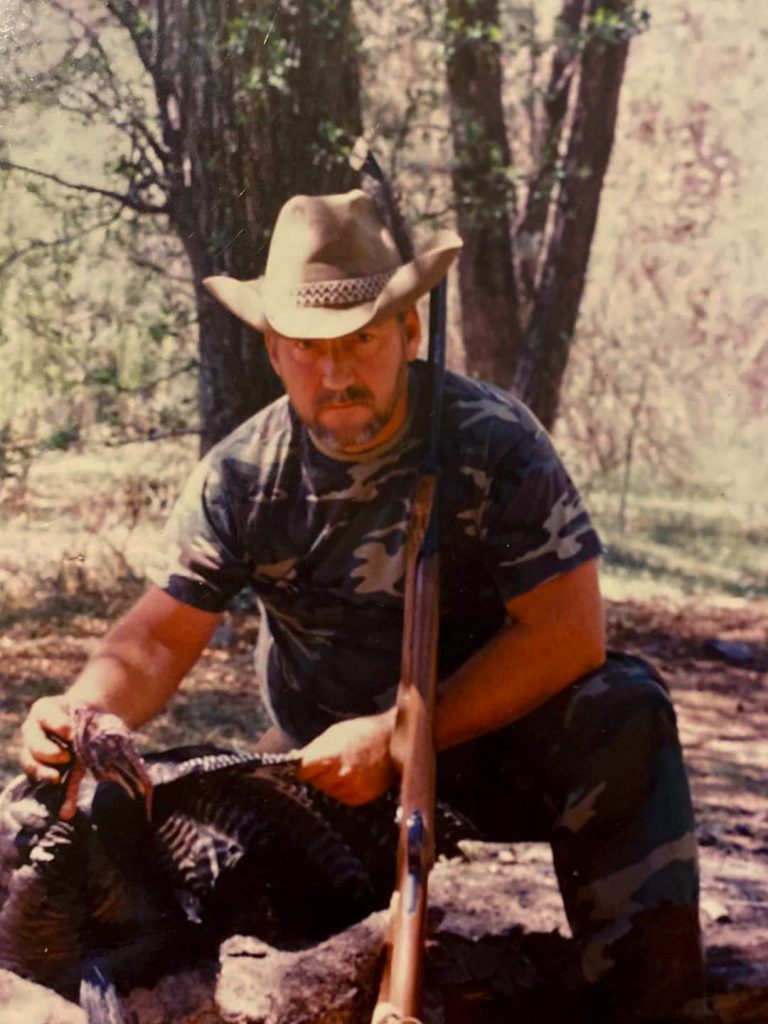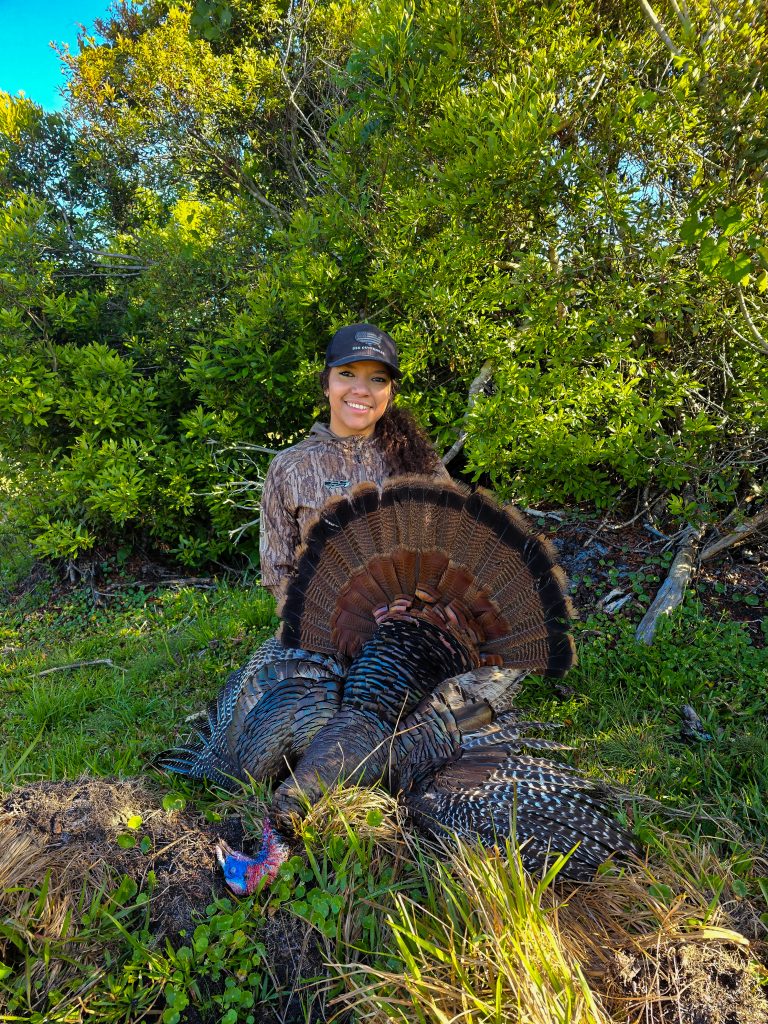Embracing Heritage and Family Legacy in the Pursuit of the Wild
What does “hunting heritage” mean to you? For me, it is a tangible piece of my family’s history.
My family might not have had much, but what they did have, was hunting. It was more than a favored pastime; it was a legacy they strived to preserve. When my grandpa had three girls, he didn’t let that stop him from continuing this way of life. I’m thankful because my mom passed it down to me. Many Americans have lost the heritage connection to hunting. Those who still have it understand its value and cherish it. For countless generations, the cherished heritage has been a connection to the land and a testament to the bonds shared within families. For me, it has been a journey that intertwines the past with the present, weaving together threads of legacy, lineage, personal reflection, and a passion to continue it for future generations.
Understanding the Hunting Tradition
Hunting has been an integral part of American culture. For centuries, hunting provided sustenance, clothing and materials for tools and shelter for indigenous peoples and early settlers. It was not merely a recreational activity but a fundamental means of survival. As our nation expanded, hunting evolved from a necessity to a cherished pastime deeply ingrained in American identity. Despite its historical prominence, participation in hunting has seen a decline. As more Americans have become disconnected from nature and their own traditions, now more reliant on mass-produced goods. The value of hunting as a means of sustenance and connection to the land has diminished.

Despite these challenges and changes, the importance of preserving and passing down the hunting tradition cannot be overstated. Beyond its practical benefits, hunting serves as a bridge between past and present, connecting us to our most primal beginnings. The skills and knowledge passed down through generations of hunters are not only valuable for harvesting game but also for fostering a deeper understanding and appreciation of wildlife. Hunting plays a crucial role in wildlife management and conservation efforts, helping to maintain healthy populations and preserve natural habitats.

Nostalgia and Heritage
When my grandpa passed, we were left with hunting relics that spanned generations. Each gives a view into the past, from deep fishing lures to trap anchors; they are now mini treasures to my family. Though they all were well-rounded sportsmen, you can see what game or type of hunting brought them joy. Each had their own beloved way of pursuing game, from black powder to the longbow, trapping to running dogs. I’m thankful they took the time to take pictures and taxidermy some harvests. It is fun to think what future generations will think of me. These items and stacks of pictures may look like junk to some, but to me, they are a connection to something more. It is an honor to place my turkey harvest pictures in the stack along with theirs. This is what I mean when I talk about my hunting heritage being something tangible. It’s a bond I can feel, a connection to my grandpas. It gets me in those moments after a harvest when I wish heaven had a phone so I could share with the ones who loved it just as much as I do. Seeing the variety of animals they pursued has pushed me to learn and grow as a sportswoman. As a hunter, you know it takes blood, sweat, and sometimes tears to get your harvest. When I hunt or take my kids hunting, I know my family’s legacy lives on.
Preserving Our Passion
As a hunting mom of five children, I am deeply committed to preserving and passing down the rich hunting tradition to future generations. I advocate for programs like the NWTF Women in the Outdoors, JAKES and Wheelin’ Sportsmen. Hunting isn’t just about harvesting game; it’s about forging bonds with friends and family; it’s building a community.
"Hunting isn’t just about harvesting game; it’s about forging bonds with friends and family; it’s building a community."
The number one way to get people involved with hunting and conservation is mentorship. Through these programs, we can ignite a passion in others and rekindle a tradition for others. There is something special about the camaraderie in the hunting community.
When I see my kids harvesting their own game, I can’t help but think that I am now just a link to the chain, a forever-forged piece in our family’s hunting heritage.
Preserving the American hunting traditions for future generations is not just for the hunter but also for wildlife conservation. There is just as much importance to the conservation of wildlife and their habitats. Future generations will need animals to pursue and a place to do it. If we do not reignite the passion for our hunting heritage, diversify incoming hunters, or pass on these skills to the next generation, we will lose our voice to protect it, the money to fund it, and the land to access it.
